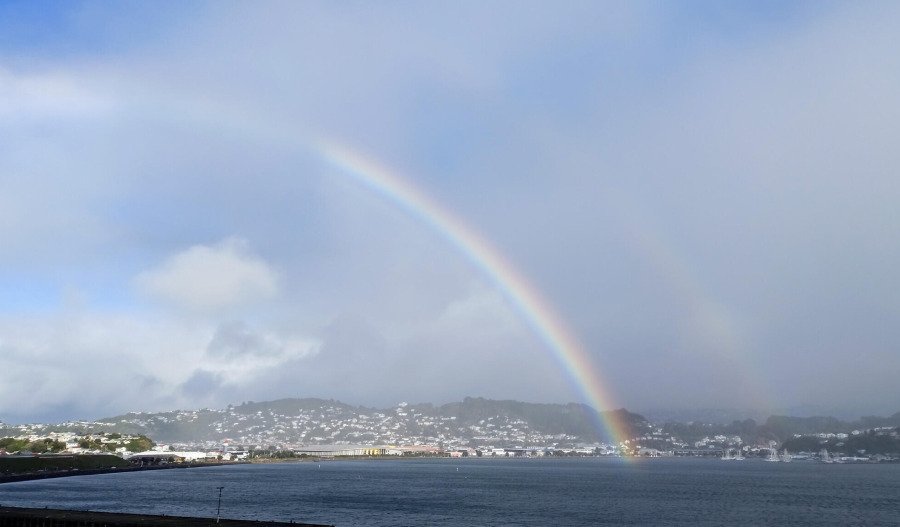New Zealand’s deputy prime minister has strongly objected to the use of the Māori name for the country in parliament, but the Speaker of the house has hit back telling the country’s lawmakers to stop complaining.
This ruling follows Deputy Prime Minister, Foreign affairs minister and leader of the populist New Zealand First party Winston Peters (who has half Māori heritage) questioning Green MP Ricardo Menéndez March for using “Aotearoa” during house proceedings.
On Tuesday, Speaker Gerry Brownlee said that while “New Zealand” is the official name, the Māori name is used widely, therefore lawmakers were free to speak in English, Māori or New Zealand Sign Language. Brownlee said that was “the end of the matter”.
“If other members do not like certain words, they don’t have to use them. But it’s not a matter of order and I don’t expect to have further points of order raised about it.”
The comment came after Peters asked Brownlee to bar the use of the name Aotearoa, and suggested a referendum would be needed for anyone to use it in parliament.
Radio New Zealand (RNZ) reported Peters saying on Tuesday that he disagreed with Brownlee's ruling, adding that his problem was with Aotearoa being used in Parliament, not of Māori in general, and that, if a question was addressed to him in future using the name, he would not answer.
MP Menéndez March is also originally from Mexico but is now a New Zealand citizen, which prompted Peters to add, “Why is someone who applied to come to a country called New Zealand as an immigrant in 2006 allowed in this house to change the country’s name without the mandate, approval or referendum of the New Zealand people?”
Shane Jones, another member of Peters' New Zealand First party and is also Māori, questioned "the appropriateness of recent immigrants telling Māori what the name of our country should be?"
In 2022, the Māori Party launched a petition to officially change the country's name to Aotearoa, which received more than 70,000 signatures and a push for e referendum that was not met with an appetite for change from the public.
This comes at a moment of tension between the government and Māori population as the rightwing government’s broader policy direction for indigenous people has prompted strident criticism and major protests.
In late 2024, New Zealanders took part in a nine-day protest against the proposed Treaty Principles Bill championed by the libertarian ACT Party.
It aimed to give the government power to reinterpret the treaty of Waitangi signed in 1840 between the British Crown and more than 500 Māori chiefs
The conservative government, elected in late 2023, has unwound policies and disbanded organisations in place to improve the lives of Maori, who make up about 20% of the 5.3 million population.
Related content



